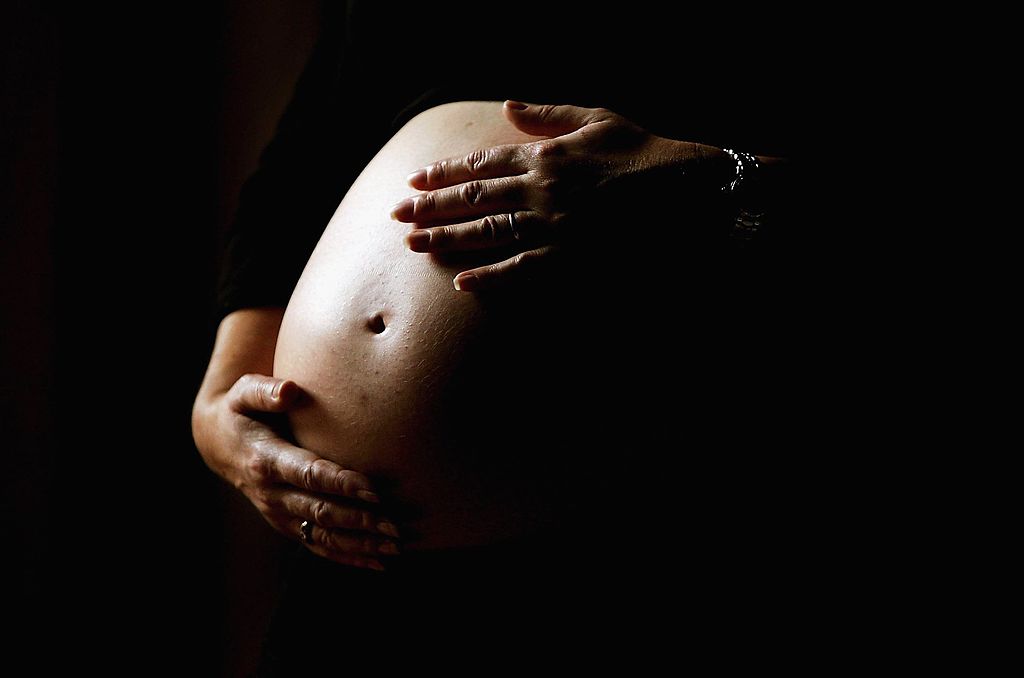
But until recently, it was not known what effect quit-smoking medicines such as nicotine replacement therapy (NRT), varenicline (Champix) and bupropion (Zyban) had on babies.
Studies have shown smoking during pregnancy can cause cleft lip and/or palate, heart defects and problems with the baby’s respiratory and digestive systems.
New research, led by the University of New South Wales National Drug and Alcohol Research Centre and co-authored by the University of Otago, has given peace of mind to parents and reassured them that quit aids such as nicotine patches and varenicline do not increase the rates of major congenital malformations.
The study analysed 13,000 births from Australia, New Zealand, Norway and Sweden.
It compared the risk of birth defects in babies of parents who used NRT, varenicline and bupropion, to those born to women smoking in early pregnancy who did not use the quit-smoking tools.
The study, published in JAMA Internal Medicine, found no evidence that infants exposed to NRT or varenicline had higher rates of birth defects.
For bupropion, the low number of women using the medicine made it impossible to draw conclusions about specific birth defects.
Co-authors and University of Otago preventive and social medicine researchers Dr Sarah Donald and Prof Lianne Parkin said it was an important research area for maternal and infant health.
"We know that smoking in pregnancy carries a risk of different harms," Dr Donald said.
"Also, things like having a baby born premature or born very small, and there’s also things around risk of the sudden unexpected death in infancy if the mum smoked in pregnancy.
"So, there is benefits to getting the mums who are smokers to quit smoking in pregnancy.
"But at the moment, for most of those medications, there’s really not a lot of safety information around whether they’re safe to use in pregnancy or not."
Most of the clinical guidelines suggested women should be offered counselling or other behavioural interventions to quit smoking, she said.
But if that did not work, only then could they be offered a nicotine replacement therapy — to be used very cautiously.
"The other two medications that were included in the study are not recommended to be used in pregnancy, because there just hasn’t been enough safety information.
"What we’re trying to show with this study is that in a group of women who are smokers and are already at some increased risk, use of that medication doesn’t lead to more risk."
The three quit-smoking therapies included in the study were available and fully funded in New Zealand, so the findings were very relevant, she said.
It would help women and their healthcare providers to make informed decisions about using quit-smoking medicines during pregnancy.
"Although smoking rates in New Zealand have declined over recent years, between 10% and 15% of pregnant women were smokers.
"Having more options to assist pregnant smokers to quit could lead to better outcomes for our mums and babies," she said.
Advertisement













